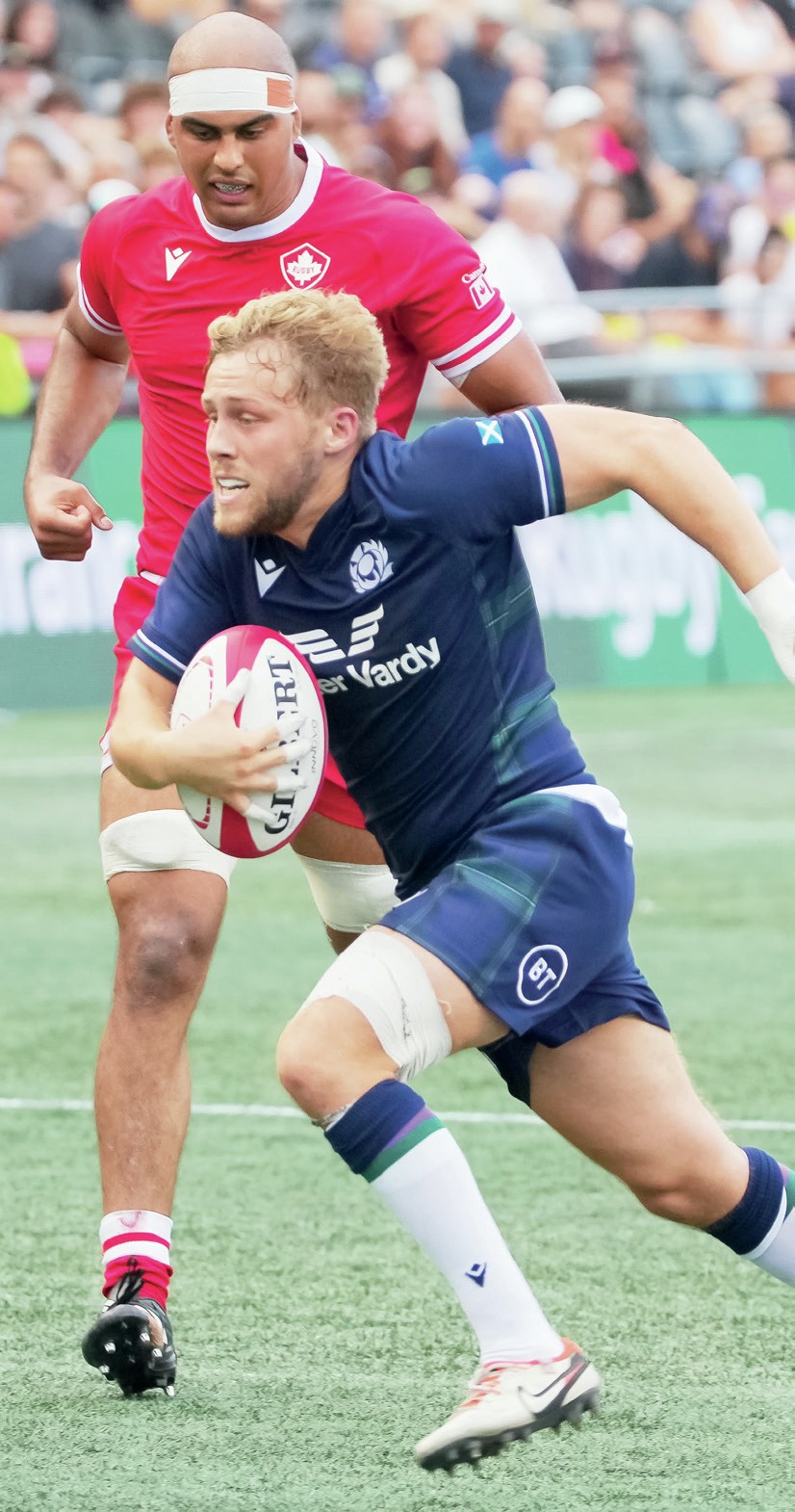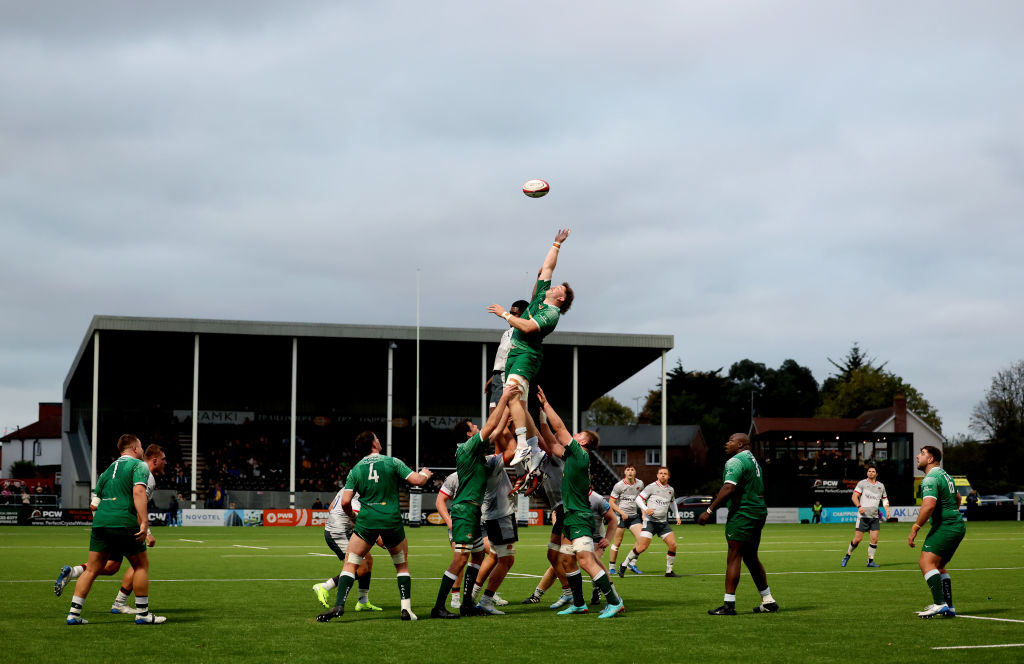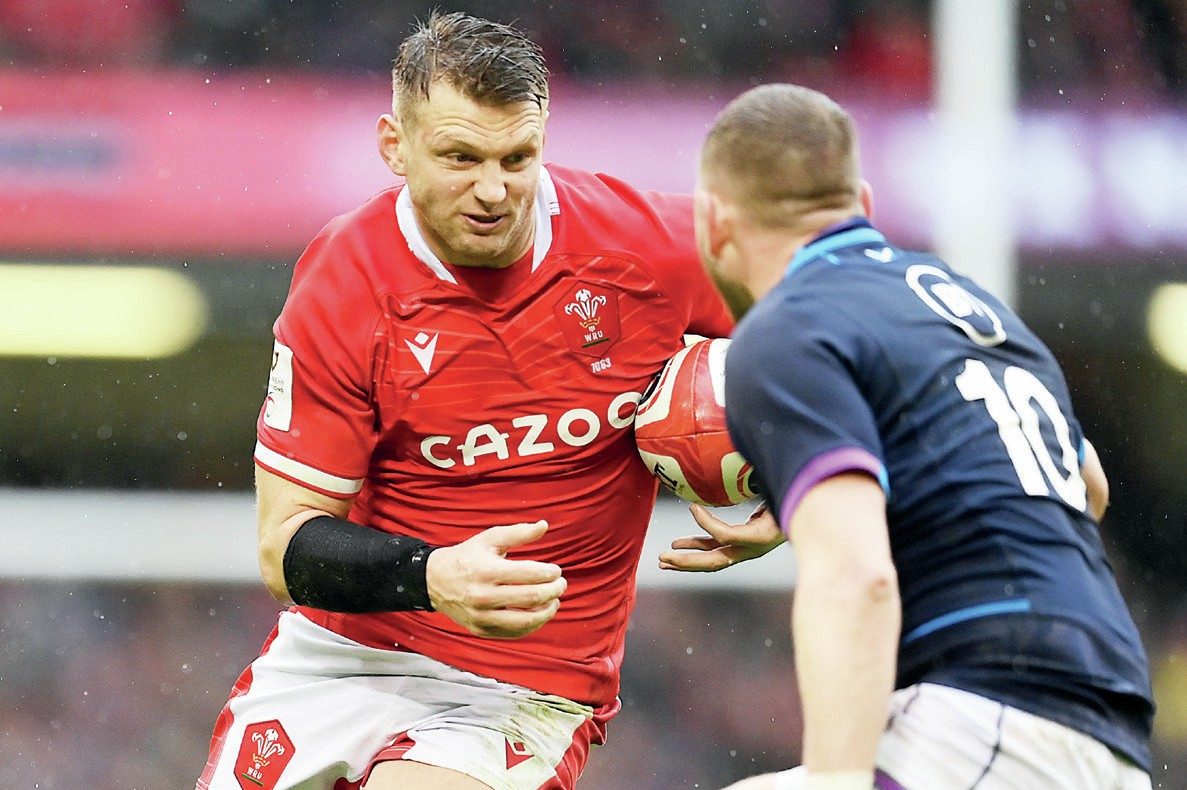
CHRIS HEWETT
THINKING ALLOWED

Whichever way you care to define the i-word, it was an interesting few hours for Canadian sport. On July 6 in Dallas – we’re taking our bearings from the British calendar here, not the Texan one – the nation’s footballers spot-kicked their way past Venezuela in front of 51,000 supporters and found themselves in the semi-finals of the Copa America tournament at the first time of asking.
A little later in Ottawa, life wasn’t nearly so much fun. Canada’s rugby players, quite the source of pride from Vancouver Island to the Gulf of St Lawrence when they were asking tough questions of the All Blacks and the Springboks at consecutive World Cups in the 1990s, leaked 73 points to a Scotland side so light on big names and star quality, not even Gregor Townsend could be sure of recognising his starting XV as they gathered in the hotel lobby.
As the answer to the question is so blindingly obvious, please don’t bother to ask yourselves where the gaze of the country’s population is likely to be fixed when there’s no ice hockey on the telly. Football, the sporting opium of most of the people most of the time, is doing a proper job on rugby in parts of the planet where rugby was once stronger than football – a fact that might give the governing class of the union code food for thought.
Correction: make that “even more food for thought”. The movers and shakers at World Rugby, the non-governing governing body, should already be gorging themselves silly on what we might call the “Georgia problem”, which was a pressing issue even before the sport’s canape-consuming executives decided to starve the Lelos out of the muddle-headed Nations Championship venture, scheduled for launch in 2026, and is now being further complicated by the country’s recent success in…yes, you guessed it…football.
Rugby is often described as Georgia’s national game and had the country’s unexpected debut appearance at the Euros been marked by a series of 5-0 hammerings, we would still have had reasons to believe it. But under the guidance of the 50-cap French international Willy Sagnol, the footballers plotted a route through the pool stage and into the round if 16 – a feat that proved beyond Scotland, Poland and the Czech Republic, among other rivals with a proper round-ball tradition. Hell, they even went one-up against Spain. What price the “national game” label now? It probably means as much (or rather, as little) as “levelling up” or “Get Brexit Done”.
If Canadian rugby was undone by professionalism, the structural demands and economic realities of which it was never equipped to handle without meaningful support from the wider international game despite being able to field a Test team boasting players as good as Gareth Rees, Al Charron, Gord MacKinnon and Glenn Ennis, the Georgians are being ravaged by naked protectionism. Too good for the second-tier European Nations Cup they have won 15 times in the last 17 years, they have nowhere to go in terms of a competitive upgrade because the privately-run Six Nations will not countenance expansion, or automatic promotion and relegation, or even a card-stacked play-off.
Why? Because at least 50 per cent of the existing European elite fear they would go bust without guaranteed income from rugby’s most lucrative annual tournament. If the gloomier elements among the competition’s bean-counting fraternity are correct in thinking that relegation would leave them without a pot in which to relieve themselves – and there is no reason to doubt them, assuming they know how to add up – it is safe to say that the sport’s growth strategy requires urgent attention.

Can it be right that Wales, who spent last week contemplating a challenging future from 11th place in the Test rankings, remain secure in the knowledge that they will be spared the worst consequences of prolonged failure at the expense of the strongest “tier two” teams? Warren Gatland’s inexperienced and profoundly vulnerable side will have to try extra-hard to slip below the likes of Georgia and the similarly isolated Portugal between now and the turn of the year, but recent evidence suggests that it is not wholly beyond them.
What if Italy, so much brighter in this year’s Six Nations than they had been at the World Cup a few weeks previously, revert to type and find themselves on another hideously long losing streak? Should they be bullet-proofed as a northern hemisphere superpower?
Theoretically, the NGGB has ultimate responsibility in this area, but as the organisation is nothing more than the plaything of the foundation nations, who continue to flex more muscle in the boardroom than Eben Etzebeth brings to the maul, there is more chance of our new Prime Minister losing an early confidence vote in the Commons than of any radical effort to broaden the sport’s power base and democratise the international fixture schedule.
Instead, that schedule is about to be reshaped to the benefit of the privileged. There’s a surprise. You know what they say in conservative circles: “Everything must change for everything to remain the same.”
For exclusive stories and all the detailed rugby news you need, subscribe to The Rugby Paper website, digital edition, or newspaper from as little as 14p a day.


English Championship
What the new Championship format could mean for English rugby


























You must be logged in to post a comment Login